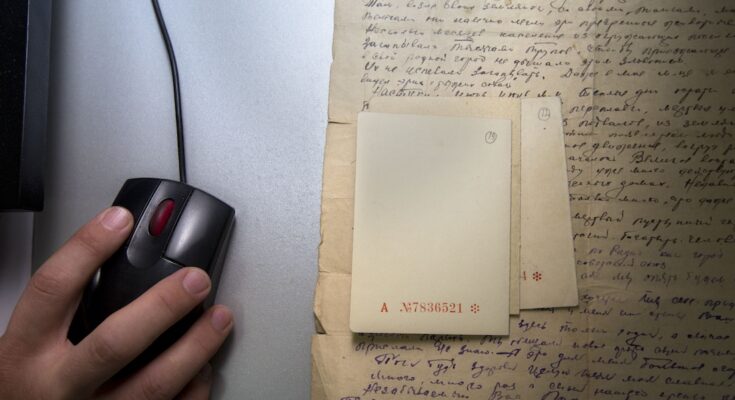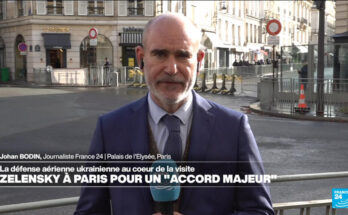In Germany, an auction house had to cancel a sale that in recent days had been strongly criticized and deemed inappropriate by associations and government and institutional representatives. There are supposedly more than 600 objects and documents related to the Holocaust and dated between 1933 and 1945, most of them from the extermination camps of Auschwitz, Poland, and Buchenwald, Germany.
The auction, called “System of Terror Vol II,” was supposed to be held on Monday in the eastern German city of Neuss, but on Sunday afternoon the Felzmann auction house removed all content from the site, including the list of items for sale. Many of them are personal documents that still show the owner’s first and last name, as well as objects of historical rather than commercial value.
According to German newspapers, among the items for sale were several documents about the Nazis’ forced sterilization of women and men for their eugenics program; documents regarding the company being taken over; letter; personal documents of Jews who fled to Latin America to escape persecution; the diary of a Polish Jewish survivor and several Stars of David, the six-pointed star that during Nazism was used to identify and persecute the Jewish population. Most objects start with an initial price of a few hundred euros, but some are even thousands.
– Read also: Auschwitz prisoners who sewed for Nazi wives
The sale was criticized especially by several Holocaust survivors’ associations and the Polish government, which was implicated due to the large number of documents it had been sourced from. The president of the International Auschwitz Committee defined them as “cynical and shameless”, and said that they would exploit the “history and suffering” of people persecuted and murdered by the Nazis for commercial purposes. The auction was also criticized by Polish Foreign Minister Radoslaw Sikorski, who called it “offensive”, while Culture Minister Marta Cienkowska said the Polish government would investigate whether some objects should be returned to Poland because of their historical and cultural value.
According to the Fritz Bauer Institute in Frankfurt, which researches Nazi crimes, the documents come from a researcher’s private collection. The institution also strongly criticized the auction. Pressed by his Polish counterpart, German Foreign Minister Johann Wadephul also finally spoke, agreeing on the need to cancel the auction, and underlining that Germany must ensure that similar initiatives are not carried out in the future.
Following requests from several newspapers, the auction house initially responded by defending the auction and claiming that it was a way to promote knowledge of that historical period.



